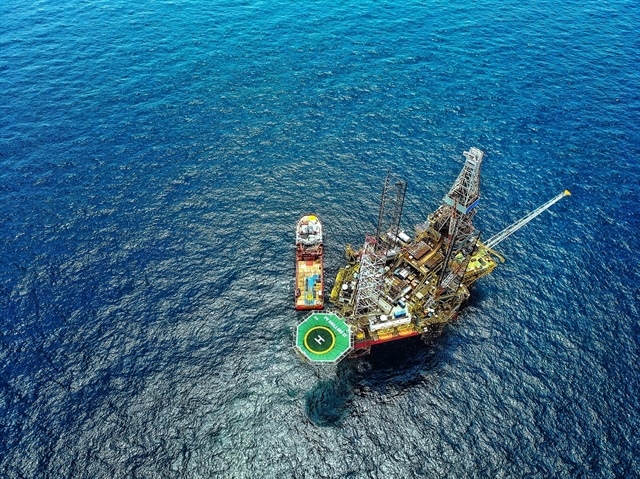Banking sector no longer the goose that lays golden eggs
Banking sector no longer the goose that lays golden eggs
A lot of big tycoons, who became famous after joining the banking sector, have quietly left the business field after tasting bitterness in their investments.

Giving up the games
The Kinh Bac Urban Development Corporation KBC in late afternoon of November 15, made public the third quarter finance report, which showed that KBC incurred the loss of 132 billion dong in the quarter and the net loss of 233 billion dong in the first nine months of the year.
Prior to that, the corporation reported the 120 billion dong loss in the second quarter and the debts of 5-7 trillion dong.
KBC is the corporation which associates with the name of the big tycoon, one of the richest stock millionaires in Vietnam--Dang Thanh Tam. The enterprise has also stated that it has transferred 26.55 million shares of Western Bank it held in the third quarter.
In fact, in early September KBC informed that it no longer held the stocks of Western Bank, though the first quarter finance report showed that KBC still held 26.55 million shares, or 8.85 percent of Western Bank’s stakes.
In the dispatch to the State Securities Commission (SSC) and the HCM City Stock Exchange dated September 6, KBC said by that time, the holding company and subsidiaries had held no Western Bank’s shares.
At that time, KBC was still the big shareholder of Saigon Postel (SGT), while SGT also did not hold any shares of the bank.
Prior to that, in mid-August, rumor was spread that a group of big shareholders of the bank conducted negotiations on transferring the bank’s stakes to others. Sources have said that the new investors come from PetroVietnam Finance Corporation (PVFC).
The ACB Securities Company on November 6 informed that it had sold 9.7 million of Eximbank’s shares (EIB), reducing its ownership ratio to 3.93 percent of chartered capital.
The statement by ACB Securities has caught the special attention from the public, because EIB remains an unknown. 130 million shares have been transferred over the last month, while there has been no information about the buyers and sellers.
Investors believe that the big trading volume of EIB could be the signal of something big event to happen. In March and April, the investors once witnessed the abnormal trade of HBB shares of Habubank. And Habubank has later merged into SHB, while Habubank’s President Nguyen Van Bang has left.
The first half of 2012 witnessed the withdrawal of Dang Van Thanh, who was the President of Sacombank, one of the biggest commercial banks in Vietnam. Thanh’s case has been cited as example to show that big tycoons now tend to withdraw from the banking sector, which was once the fertile land for them.
What will happen to businesses, when big tycoons leave?
What the investors are most interested in now is that how the enterprises, which once lived on the banks’ support, can still exist, once banks are undergoing considerable changes?
In case of KBC, by September 30, the total accounts payable of the enterprise had increased from 6460 billion dong at the end of the second quarter to 6.688 trillion dong.
KBC was once the big shareholder of a bank, which made it easier to borrow capital to serve its investment plan. But what will happen if KBC quits the bank and it is no more a shareholder of the bank?
The finance report showed that KBC owes 320 billion dong to Western Bank (18 percent per annum in interest rate), Navibank 116.4 billion dong (21.1-22.7 percent) and Vietinbank 400 billion dong (15-18 percent).
vietnamnet























